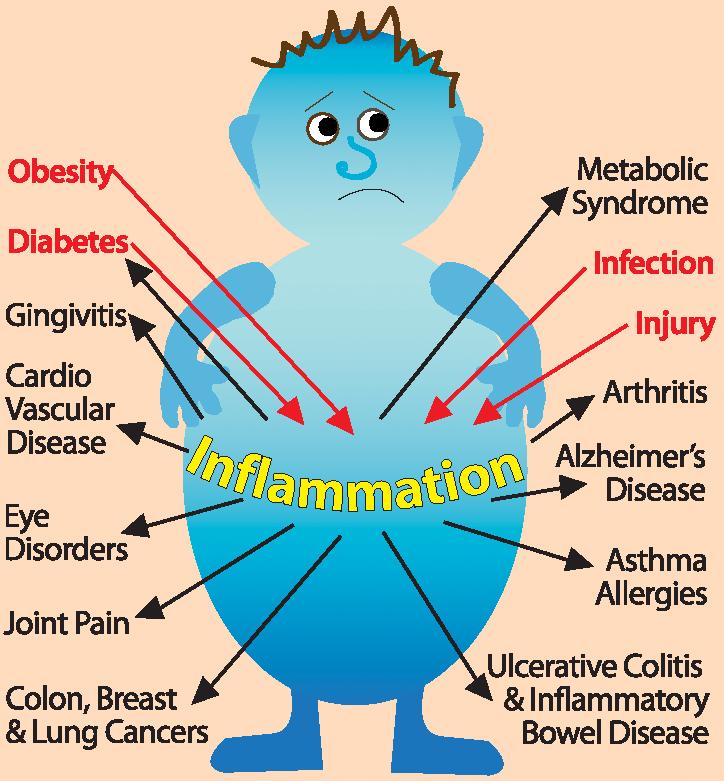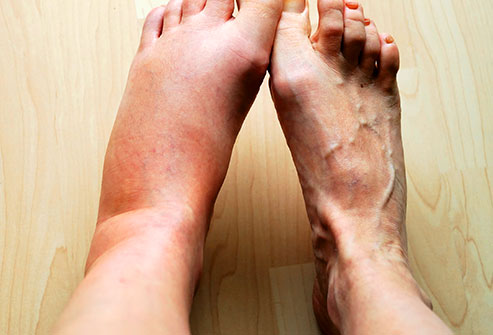How does inflammation help the immune system to fight pathogens?
1 Answer
It mainly makes the body temperature rise so no the pathogens are not able to replicate themselves.
Explanation:
 Google Images
Google Images
In simple and most basic language you can that-
When there is an infection in any part of the body, our immune system recruits a special force of large no. of specialised cells which are to fight the infection causing microbes.
As a result of this process, many things occur in the body such as- Swelling, pain and fever this is known as Inflammation.
Inflammation takes place in following steps-
 Google Images
Google Images
The Irritation Stage
The Inflammation Stage.
* The Suppuration Stage.
The Irritation stage-
 Google Images
Google Images
It is the first stage in an inflammation in which if you have a pain in any area of your body or your body has got any type of microbial pathogens detected, The place will swell up so that there and you will feel itching at that place.
The Inflammation Stage-
When the part of the body swells it means that the body's Immune system has detected about the pathogen and is now taking actions against it.
In this stage the the body recruits the WBC cells and sends them to the site of Inflammation this causes pain and Burning. It also rises the temperature so the pathogen is not able to replicate in the normal way.
This whole activity creates an undesired liquid known as pus which has to be removed out to throw the pathogen out of the body.
The Suppuration Stage-
Suppuration stage includes Discharging of the Pus formed by the process of Inflammation. It is done via removal of the pus either directly by removing it through an outside help. Or . By taking the pus through the Blood stream and discharge it via anus.

